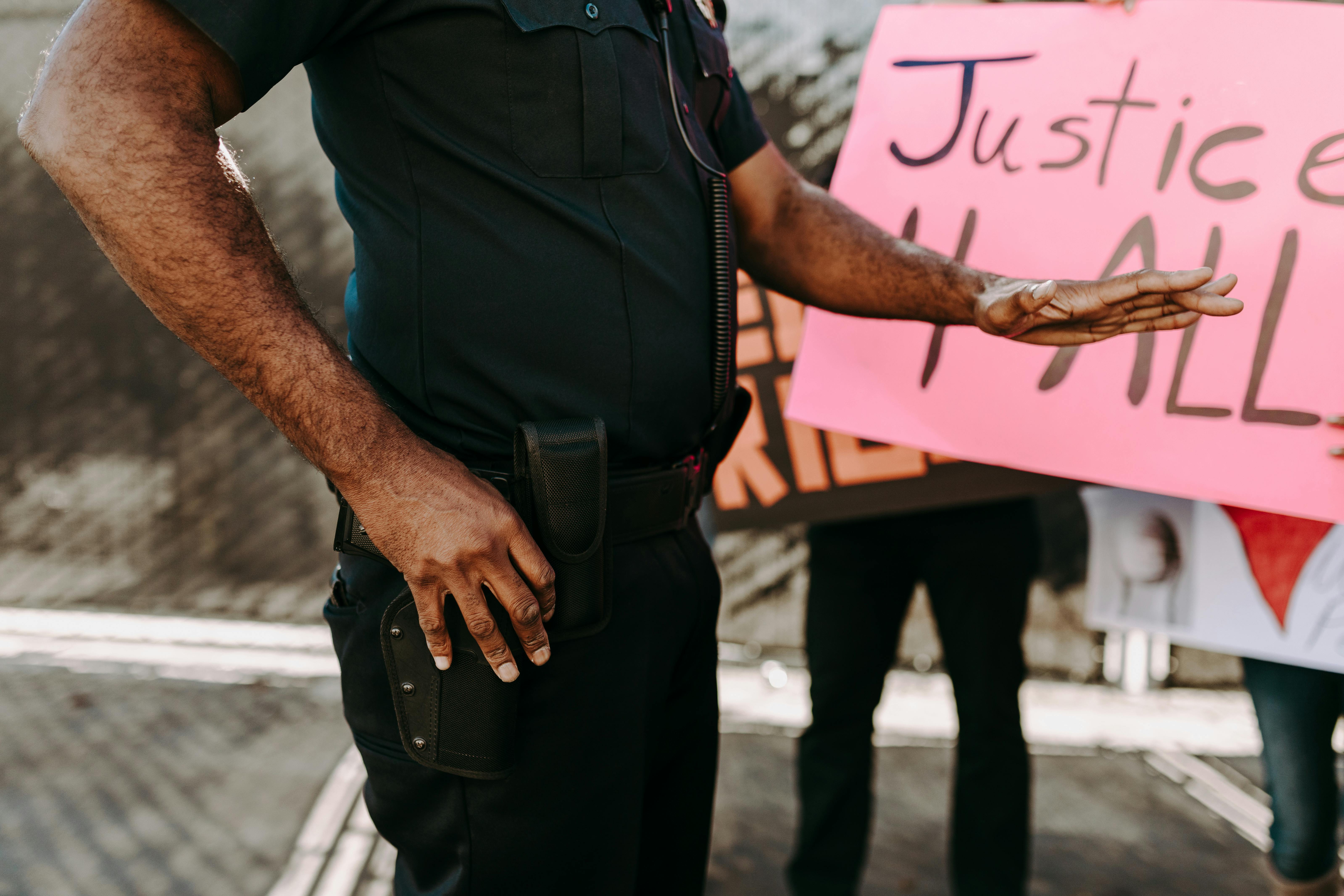Surveillance Camera
With crime rates that never seem to go down and a global economy struggling to recover, it’s no wonder people are turning to surveillance cameras for added security, whether at home or in the workplace.
Although there hasn’t been a noticeable increase in the number of stores selling spy cameras and equipment, it has taken off in a big way via the Internet. If you are considering purchasing a surveillance system for your home or business premises, here are some things to think about before rushing to place an order;
1. Do you know the legal implications when installing such a system?
2. What kind of lighting conditions will it be used under and what is the trade-off between image quality and storage?
3. How much will you spend on the system and who will install it?
4. What do you want them for and where will they be located.
Deciding what you want to use the system for will affect the cost. People fall into two types: those who want it just as a deterrent and those who want it so that it can be used in any criminal proceedings that may result from capturing on camera any action that may be against the law.
Where you are going to place the camera is another thing to consider, you may be the owner of a warehouse where trucks or goods are stored overnight. If it’s a large yard, you might consider a wireless system, but if it’s just a certain room within a building, you might go for a wired system. If you are going to install them outdoors, you need to make sure that they are waterproof and that the cameras have auto iris as they will work in different conditions.
Your budget will play an intricate role in the type of system you can get for your money. If you want the best quality and an expert will install the system, then you are probably better off with a wired system. If you’re doing it yourself, a wireless system is more secure and less complicated to set up.
No matter what you’re going to use the setup for, you still need to think about lighting conditions. Cameras work by measuring light on a scale known as “lux,” which is the amount of light that can be measured in one square meter. The lowest level is 0.0001 and is used for conditions where light is poor. The top end is 100,000, which works well in bright sunlight. So if you want to inspect a workplace that is well lit then you’ll want a “lux” rating of between 50 and 400, but if they’re going to be used outdoors at night then you’ll want a system that works with a rating of 1 or less. The cameras now even come with a color feature. If they are going to be used at night, the color image is of no use unless you pay for a system with infrared lights.
Be sure to do your research before making any purchase.
